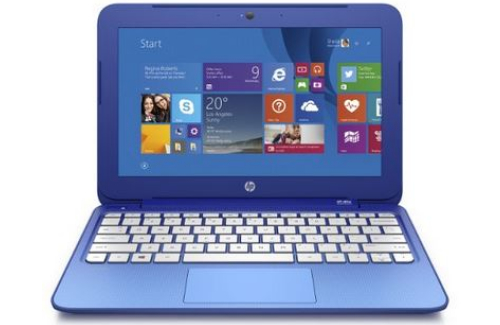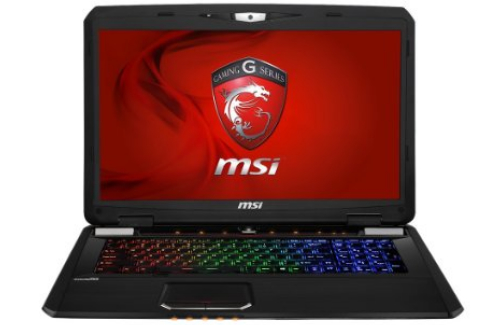How to choose a Laptop?
From a luxury gadget into a common household necessity. This is what laptops had become over the years. Laptops play some important roles when it comes to communication, entertainment and more importantly education. Therefore, buying laptop is one decision that you shouldn’t be done out of impulse or just because it is heavily advertised. So what you need to consider when buying one? The tips outlined below should help you out.

Tip #1. A basic laptop costing around £300 will run every day office, multimedia and education software, but it won’t be suitable for 3D gaming. Many laptops at this price have a 15.4in case and weigh around 2.4kg, so they’re best used around the house and for occasional journeys.
Tip #2. If you want to play modern games, you’ll need a laptop that has a dedicated graphics chip such as the AMD Radeon HD 7970M. Good gaming laptops tend to have large 17in screens and weigh around 3kg, so they’re best suited to the home.
Tip #3. If you want a laptop that you can take everywhere, look for a model that weighs less than 2kg. For the best portability, look for one with an 11in or 13in screen. In general, the smaller and lighter the laptop, the more expensive it is. Intel Ultrabooks are highly portable, but expect to pay upwards of $700 for a good one.
Tip #4. Battery life is extremely important for a laptop. We’d expect all but the biggest and heaviest to last for at least five hours on a single charge, but for an ultra-portable that you carry everywhere, eight hours and above is more desirable.

Tip #5. Laptops use the mobile versions of processors to conserve power, and these lag behind desktop chips for performance. For a budget laptop, an Intel Core i3 processor will do the job, but if you want better performance, look for an Intel Core i5 or Core i7 model instead. We recommend a minimum of 4GB of RAM, although 8GB is better for multitasking.
Tip #6. Most budget and mid-range laptops have a regular hard disk for storage. You want at least 500GB, but 1TB or more is better. SSDs have faster performance, making your computer much faster to boot. SSD capacity is lower, though, and you’ll need at least 128GB.
Tip #7. Netbooks are a type of small, low-cost ultra- portable laptop. They’re fine for light use, but avoid them if you want to do complicated tasks.
